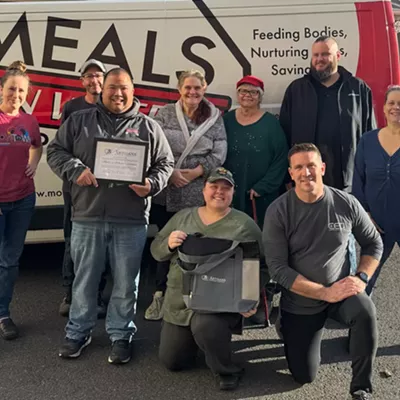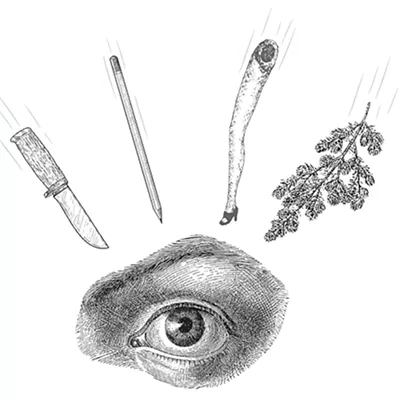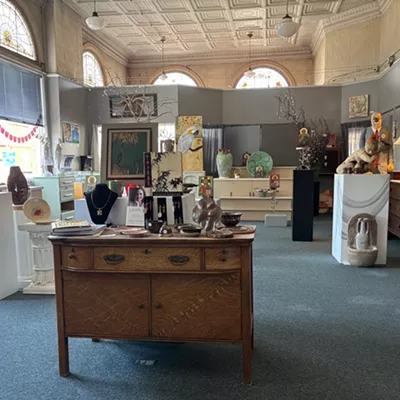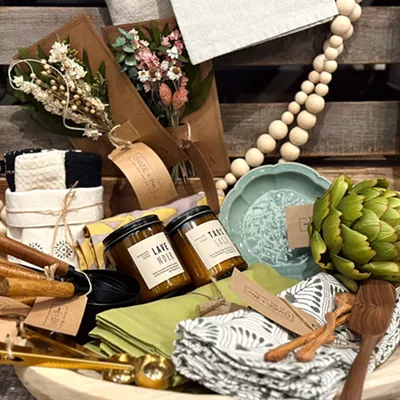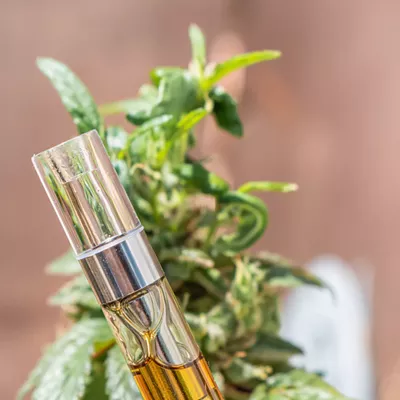Working to assist teens and young adults in Eastern Washington and North Idaho who have aged out of the foster care system, Safety Net Inland NW provides a myriad of resources to make that transition smoother and to provide support systems for teens and young adults emerging from foster care.
Molly Allen and Coleen Quisenberry founded the organization in 2008. Safety Net Inland NW relies on local funding, which Allen says allows them to have faster turnaround with their work.
"It's pretty unique, and there's really nothing else out there in this area like us," says Allen. "For the youth who we interact with, it's game-changing."
Allen was inspired to start the nonprofit based on her own experiences, as she adopted her son from the foster care system when he was 10 and thereafter began to learn about difficulties many children face after leaving the system and the lack of resources available to them.
"I realized that even having the stable family he'd had for quite a while, he just wouldn't be ready," she says of her son. "[Coleen and I] just decided there was a gap there that needed to be filled, and we wanted to fill it and kind of act like aunts and family members."
For example, Allen says that they help teens and young adults with acquiring things like laptops, bus passes and beds, and also they have warehouses with a variety of gently used items where youth can shop for free.
This September, Safety Net Inland NW will hold an auction to raise money for the program and to acquire some more gently used items for the youth they serve.
"If you think about when you moved out of your house for the first time, it was all family members coming together and helping you by giving dishes or an old TV or a couch or whatever, so we want to be those people in their lives," Allen says. "If they need something, they need it now, they don't need it in six months. We pride ourselves on that quick turnaround and just being able to be local and involved."
More to Check Out
SPOKANE VALLEY HERITAGE MUSEUM
12114 E. Sprague Ave., Spokane Valley
Located in the historic Opportunity Township Hall building, Spokane Valley Heritage Museum aims to preserve and share the history of the area. Opened in 2002 by director Jayne Singleton, the museum is home to a number of exhibits — including exhibits such as Under One Sky which showcases stories of fur traders, Antoine Plante and more from around the years of 1865-1880, as well as the museum's interactive Communications Corner. "The museum is a regional repository, so we have over 14,000 photos from all areas in this region and across the state line. We also have a searchable database with about 10,000 records," says Singleton. Every year, the Spokane Valley Heritage Museum holds a fundraiser — which will take place on Nov. 8 this year with ticket sales starting on Aug. 27 — and they accept financial donations and memberships. For more information about donating or volunteering, visit spokanevalleymuseum.com.
RESCUE4ALL
2427 W. Smythe Rd.
Jamie McAtee founded Rescue4All as a way to help cover some gaps present in the shelter system by taking in all animals, regardless of if they're injured, sick or have serious medical conditions. The name Rescue4All was derived from the last words of the Pledge of Allegiance — "... and justice for all," — serving as a commitment for the organization to rescue and help as many animals as possible. To get involved with Rescue4All, you can volunteer at events or the organization or sign up to be foster animals in the shelter, which can be especially helpful for animals that may need more intensive care or rehabilitation before they're ready for adoption. You can sponsor an animal, get involved or donate at rescue4all.org.
SPOKANE EDIBLE TREE PROJECT
1832 W. Dean Ave.
Since 2013, the Spokane Edible Tree Project has worked to decrease food waste and help provide the community with more access to healthy foods. "It started with a bunch of volunteers saying, hey, there's a bunch of unused produce from farms and from farmers' markets that doesn't get sold, and it's just going to waste — what if we took that and brought it to food distribution so that food could instead go to people that actually really could need fresh produce and don't often have access to it?" says Executive Director Brendan Finch
The organization works with several farmers in Green Bluff as part of their Glean for Good program where volunteers pick excess produce, as well as a few farmers markets in the area for their Farmers Market Gleans program, to pick up excess produce. July and August are the organization's peak gleaning seasons, with a variety of volunteer opportunities and events occurring during that time. The nonprofit also partners with Second Harvest, Catholic Charities, the Martin Luther King Jr. Family Outreach Center and other organizations that offer food distribution services. To get involved or donate, and to keep up with upcoming events, visit spokaneedibletreeproject.org or the nonprofit's social media.





